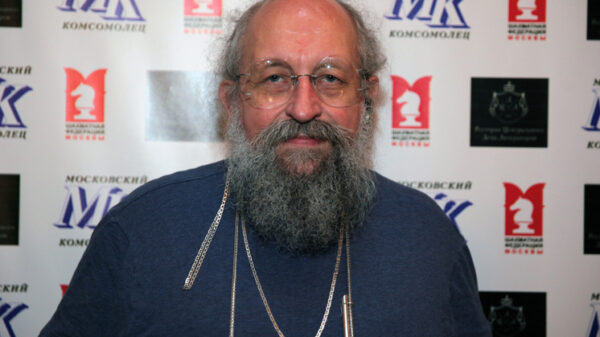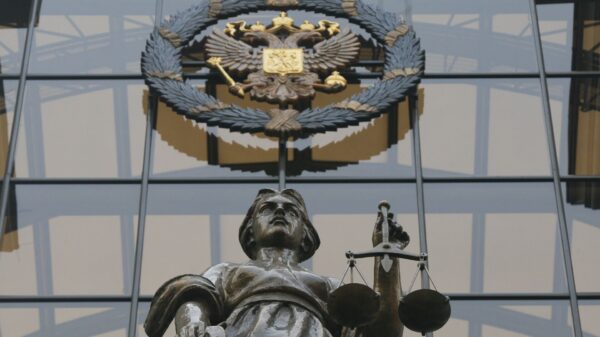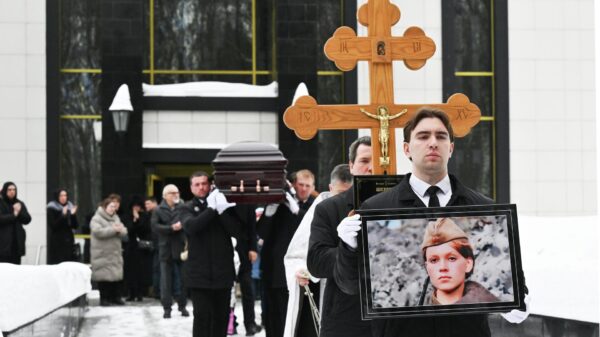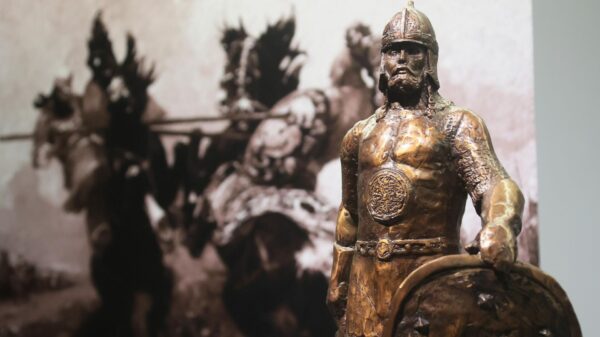 Hiding in plain sight: Steve Coogan plays Savile in the four-part BBC drama series. Photo: Matt Squire
Hiding in plain sight: Steve Coogan plays Savile in the four-part BBC drama series. Photo: Matt Squire
I've never met Jimmy Savile. Sometimes I felt strange about it. Such has been his ubiquitous presence in our national life for many decades, it often seems that more people have encountered him than not.
The closest I ever came to them was at Corrigan's arcades on the waterfront in Scarborough, where I waited impatiently while my kids played the Penny Falls arcades. The employee mentioned that «Jimmy» had come in earlier.
Savile was then in his twilight years, a little-known figure to the younger generation but, at least in his adopted home, still a celebrity. Back then, even before the truth about him became known, Scarborough — a resort town with fairground rides, cotton candy, fun and innocence — was immensely proud of its connection with him.
Years later, while researching Reckoning, I walked past the same arcade, past his apartment overlooking the South Bay, and to his grave just outside the city. The tombstone had long since been removed and destroyed. Only a low mound remained. By then the city was so ashamed of its association with Savile that all visible reminders of him, including the blue plaque on his former home, had been removed.
But memories are not so easily erased. And, as survivors of Savile's crimes (some of whose experiences are dramatized in Reckoning) told me, it doesn't have to be.
The belief that these stories should be told, and the idea that drama how one of them said Savile «wooed the whole nation» might be a good way to tell them, persuading me and executive producer Geoff Pope to tackle the topic.
 Jimmy Savile presenting Top Of The Pops on the BBC music charts, circa 1973. Photo: Michael Putland/Halton Archive
Jimmy Savile presenting Top Of The Pops on the BBC music charts, circa 1973. Photo: Michael Putland/Halton Archive
We started talking to the BBC, who knew we had a lot of experience making similarly challenging series like See No Evil, Suitable Adult and Four Lives. Like us, they were aware that such a topic would be both controversial and very difficult, not least because the BBC was one of the institutions that condoned Savile, making his terrible crimes possible.
Suspicion might have arisen that the BBC itself checked the homework. But nevertheless, the Corporation agreed (boldly, in my opinion) for Geoff Pope and I to make a drama for them through an independent company (ITV Studios).
Of course, there are legal and compliance obligations that apply to the production of all factual drama by British broadcasters, but there was no attempt to censor or exonerate the BBC in our report on its dealings with Savile. We knew from the outset that the subject had to be approached with the greatest possible sensitivity and that the survivors of Savile's crimes would take center stage. Their support was critical at every stage.
One of them is Sam Brown, who was horribly abused by Savile in the chapel of Stoke Mandeville Hospital in her early teens. Sitting in her living room as she first told me her story, her daughter and her dog sitting on the couch next to her, was both a deeply moving experience and a privilege. What struck me most was her courage and determination to confront her past, no matter how painful, and pass on its lessons, especially to young people. She has devoted most of her adult life to this work, and this is why she believes in drama so much.
 Gemma Jones and Steve Coogan in BBC drama Reckoning Author: Matt Squire
Gemma Jones and Steve Coogan in BBC drama Reckoning Author: Matt Squire
But like Sam Brown, I recognize that some who suffered at the hands of Savile — or other abusers — may feel differently. «Reckoning» is filmed with great sensitivity and does not contain graphic scenes of violence. However, we are talking about a man who managed to remain a frequent sex offender for decades. Every effort has been made to warn people about the drama's subject matter in advance so they can opt out of watching it, and to direct them to organizations that can offer advice and support.
But some will ask: why a drama and not a documentary? My answer is that drama can immerse the viewer in the human experience in a way that documentaries cannot. This can immerse the audience in the present moment. They will be able to see for themselves exactly how Savile gained access to his victims, how he groomed them and those who could protect them, and how he used his fame to silence them.
It is important to note that telling the story through drama allows us to fully understand the mechanics of Savile's extraordinary rise from the obscurity of a backwater Manchester club to the very top of our society. How he became as big a celebrity as the stars he befriended; Prime Ministers are honored; royal confidant; unofficial emissary of cardinals and popes.
When middle-aged Savile began working as a disc jockey, learning to manage teenagers' rooms, he could not have predicted how far his manipulative powers would go. It was as if, as each door opened for him, he saw another ahead and found himself able to bluff and charm that door too — until at last there was not a single door left that he could not pass through. «Reckoning» shows us how he, being the greatest fraudster, was able to do this.
It also shows that Savile's ultimate alibi was to tell a thinly disguised version of the truth. His autobiographies are full of references to his predilection for “beautiful girls,” with whom he claimed to “frolic” only after meeting their parents. The ideal smokescreen was to openly admit to such encounters without claiming they were criminal attacks. Thus, his predilection for teenage girls was laughed off as simply «Jimmy being Jimmy.»
 Steve Coogan as Jimmy Savile in Payback Credits: Matt Squire
Steve Coogan as Jimmy Savile in Payback Credits: Matt Squire
He used the same technique in many interviews over the years with people such as Lynne Barber, Anthony Clair, Louis Theroux and Sir David Frost. The last encounter occurred in an episode of Through the Keyhole, where he wore a top that read «I AM AN ANIMAL» and talked about how he was «feared in every girls' school in the country.» Frost, who famously got the truth out of President Nixon, simply laughed at Savile's seemingly harmless banter with his studio guests.
I think Savile probably believed the truth was about him will be revealed during his lifetime. In the end, he was the first to reach the grave. “All was well while it lasted,” read the epitaph on his tombstone, later turned to dust. One last disgusting joke from beyond the grave.
Survivors of his crimes, including those depicted in Reckoning, and all those we interviewed, will always feel deep anger that he evaded justice . But their hope, and the hope of all of us involved in making Reckoning, is that telling this story will serve as a warning. And that when such predators emerge, as they will, they will be exposed at the earliest opportunity — and those who have suffered at their hands will be heard.
The Reckoning begins on BBC1 and iPlayer online 9 October, 21: 00


























































Свежие комментарии